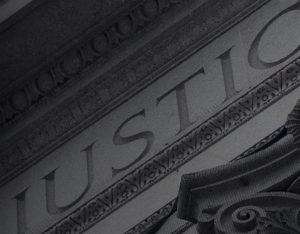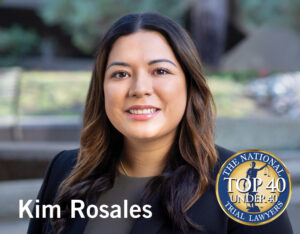Under the Dodd-Frank Act, the SEC and CFTC are required to pay whistleblowers cash rewards of 10 to 30 percent of any monetary sanctions in excess of $1 million that the government, as a result of the whistleblowers’ assistance, recovers through either civil or criminal proceedings. In order to qualify for such rewards, whistleblowers must provide the SEC with “original information”:
- Derived from independent knowledge or analysis of a whistleblower
- Not known to the agency from any other source
- Not exclusively derived from:
- allegations made in a judicial or administrative hearing,
- governmental report,
- hearing,
- audit,
- investigation, or
- news media.
The Dodd-Frank Act gives the agencies wide discretion to determine the specific dollar amount of any cash reward within the 10 to 30 percent range by considering, among other factors:
- Significance of information provided by whistleblower
- Degree of assistance provided by whistleblower
- Programmatic interest of the agency in deterring violations of the relevant securities and commodities laws





